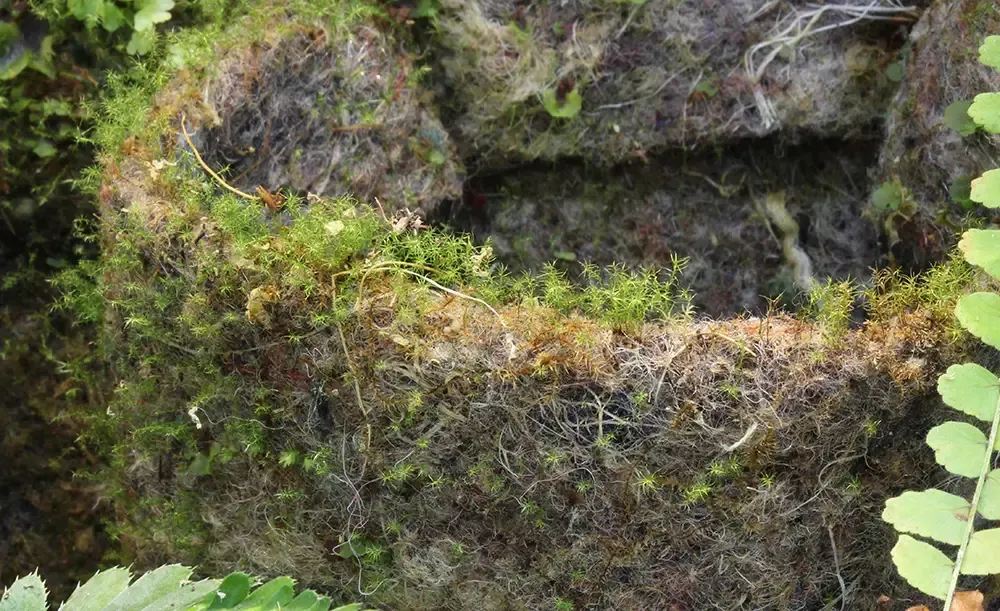
4f4bafa1f1922bd7ac08e654e51f54bb.jpg from: https://www.asturnatura.com/especie/leptobryum-pyriforme
Introduction
In the vast and captivating world of bryophytes, one particular moss species stands out for its unique charm and ecological significance:
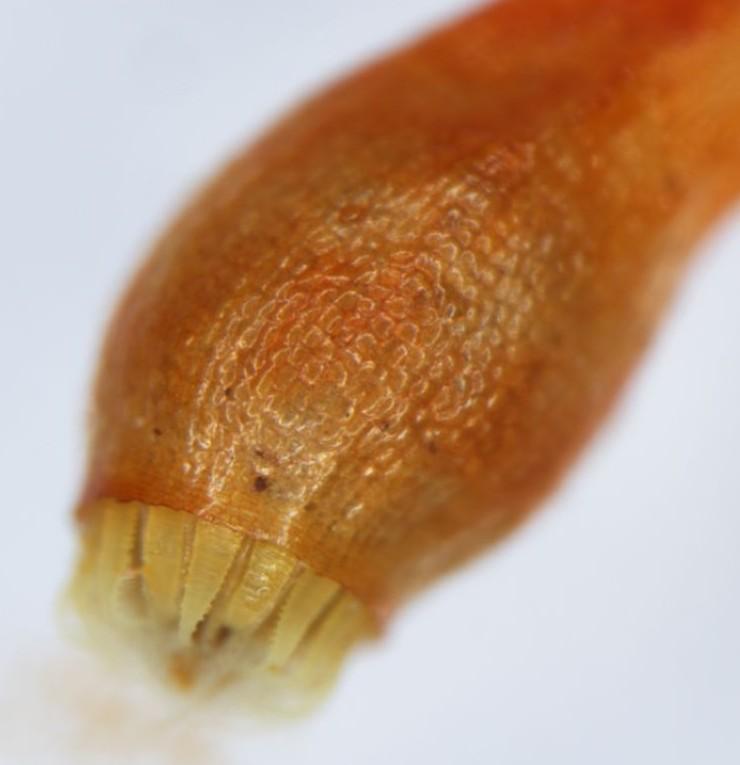
Leptobryum_pyriforme-sporangium-moist-e1385601980764.jpg from: https://blogs.ubc.ca/biology321/?page_id=4841
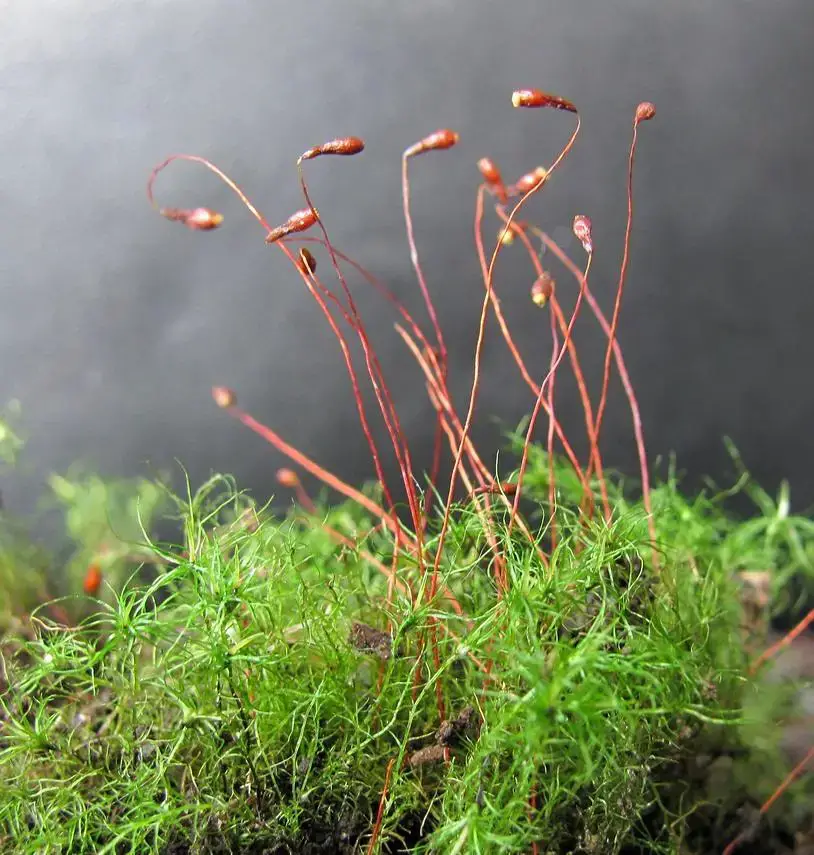
410296_8d88b72a.jpg from: https://www.plantarium.ru/page/image/id/410296.html
Leptobryum pyriforme (Hedw.) Wilson. Belonging to the Meesiaceae family, this unassuming yet fascinating moss is commonly known as Leptobryum. Let’s embark on a journey to unravel the secrets of this remarkable plant and explore its intricate world.
Background
Before delving into the specifics of Leptobryum pyriforme, it’s essential to understand the broader context of bryophytes
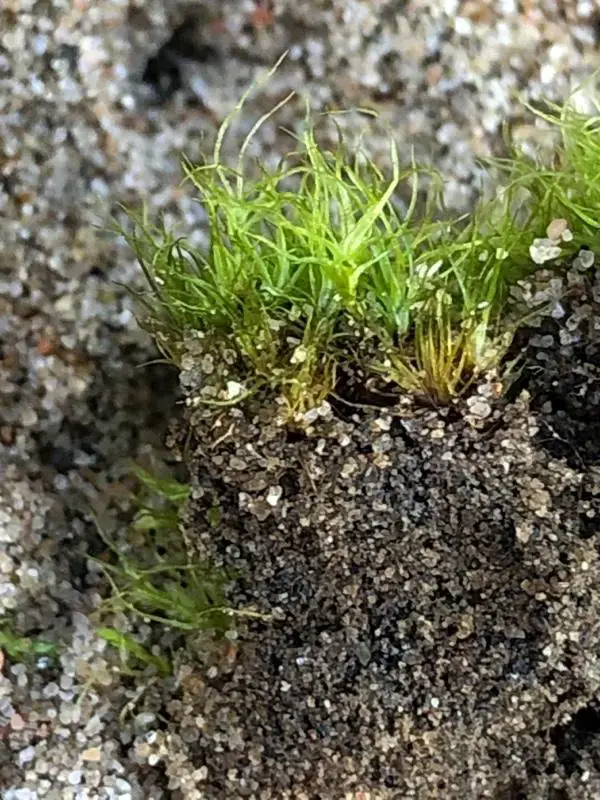
59798093.jpg from: https://waarneming.nl/foto/view/59798093
. These non-vascular plants, which include mosses, liverworts, and hornworts, are often overlooked but play a crucial role in various ecosystems. They are among the oldest land plants on Earth, with a rich evolutionary history dating back millions of years.
Main Content
Morphology and Identification
Leptobryum pyriforme is a small, acrocarpous moss that forms dense, cushion-like tufts or mats. Its slender stems are typically 1-3 cm tall, and the leaves are lanceolate in shape, tapering to a fine point. One of the distinctive features of this moss is its
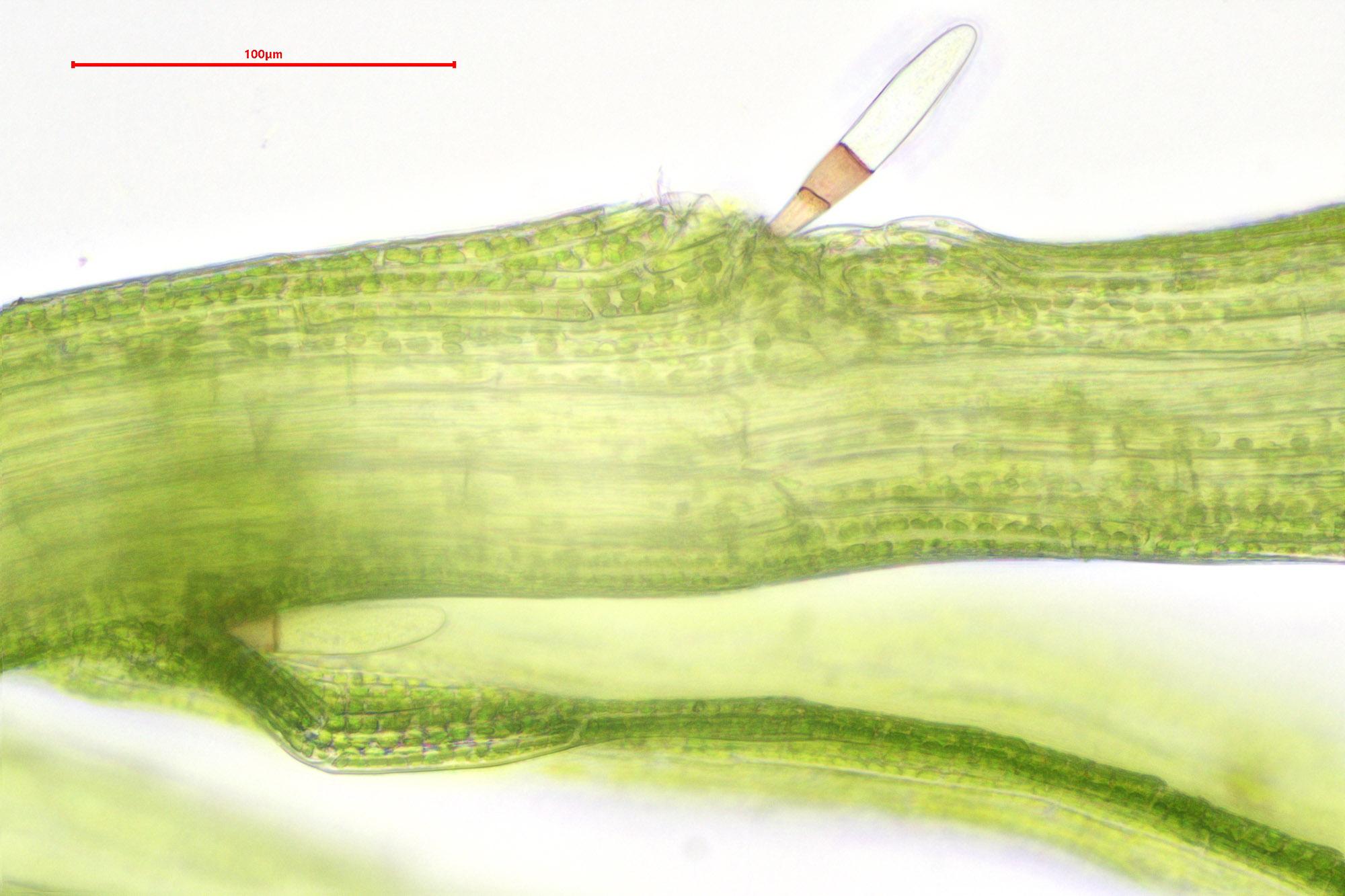
2021-10-17-19-37-51.jpg from: https://www.britishbryologicalsociety.org.uk/learning/species-finder/leptobryum-pyriforme/
pyriform (pear-shaped) capsules, which give it its specific epithet “pyriforme.”
Global Distribution and Habitat
This moss species has a cosmopolitan distribution, meaning it can be found on almost every continent. It thrives in a wide range of habitats, from moist and shaded areas to disturbed sites like roadsides, gardens, and lawns. Leptobryum pyriforme is particularly adept at colonizing bare soil, making it a pioneer species in many ecosystems.
Ecological Roles and Adaptations
Despite its diminutive size, Leptobryum pyriforme plays a vital role in various ecological processes. It contributes to soil formation and stabilization, helps retain moisture, and provides a microhabitat for numerous tiny organisms, such as insects, mites, and microorganisms.
One of the remarkable adaptations of this moss is its ability to survive desiccation. During dry periods, it can enter a state of dormancy, only to revive and resume growth when moisture becomes available again. This resilience allows
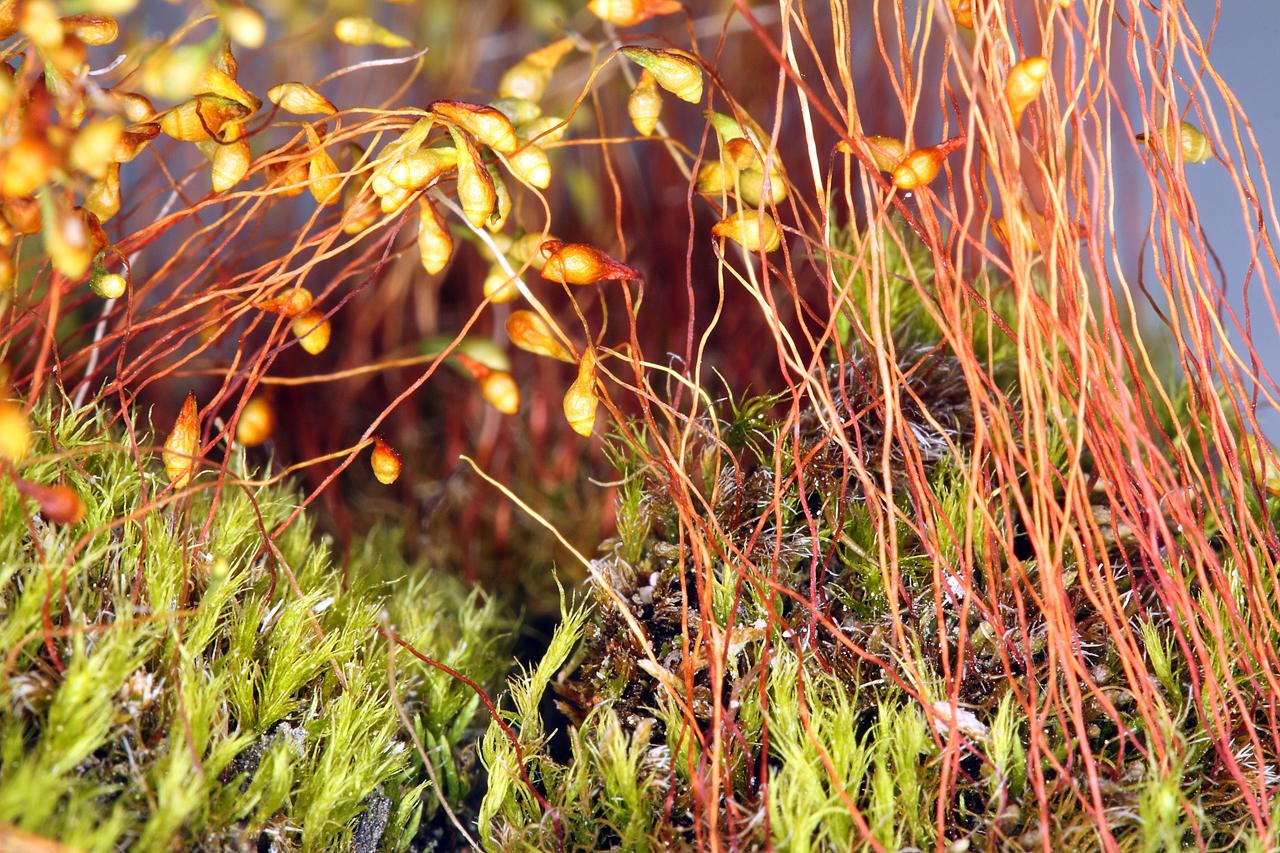
leptobryum_pyriforme.jpg from: https://wnmu.edu/academic/nspages/gilaflora/leptobryum_pyriforme.html
Leptobryum pyriforme to thrive in environments with fluctuating moisture levels.
Case Studies/Examples
Leptobryum pyriforme has been the subject of numerous scientific studies, shedding light on its ecological importance and potential applications. For instance, researchers have explored its role in soil stabilization and erosion control, particularly in urban areas and disturbed landscapes.
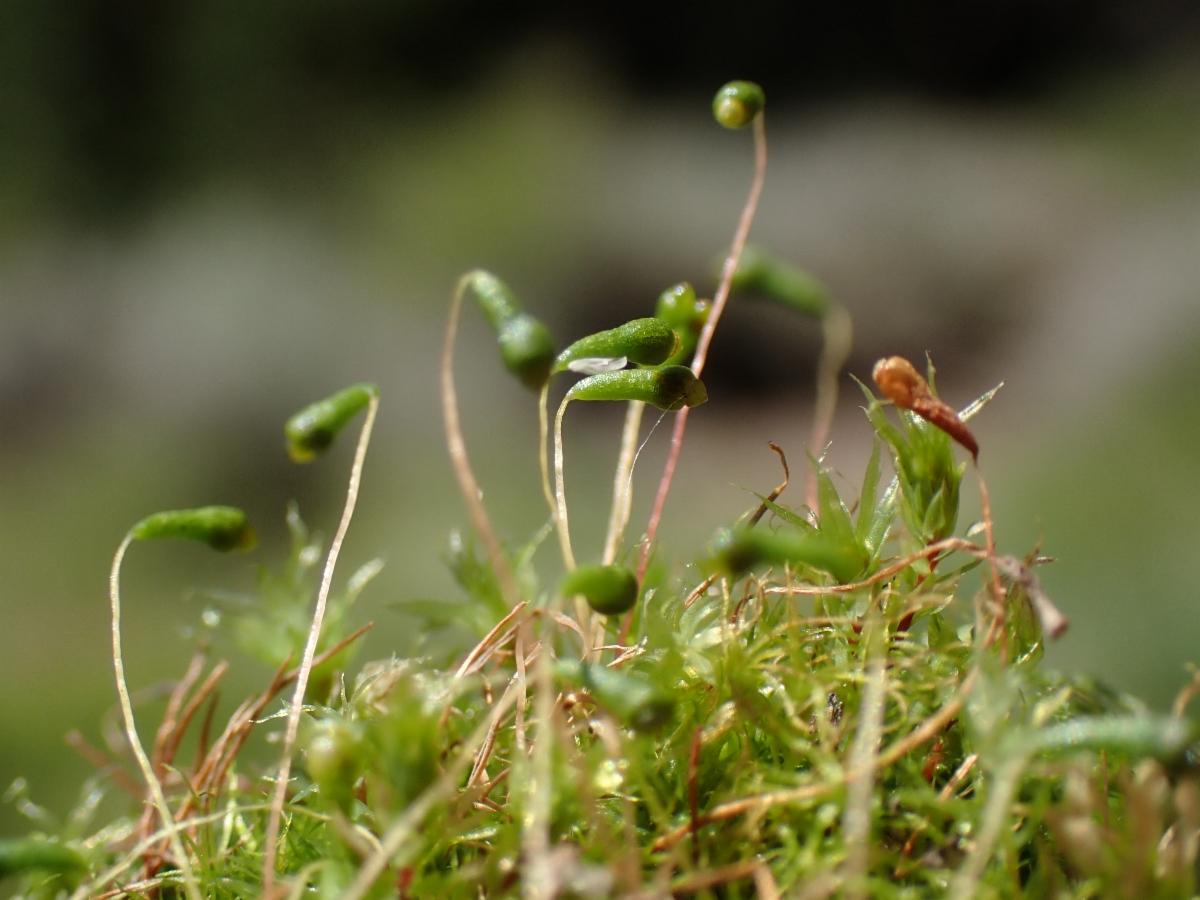
141730.jpg from: https://www.calflora.org/app/taxon?crn=13954
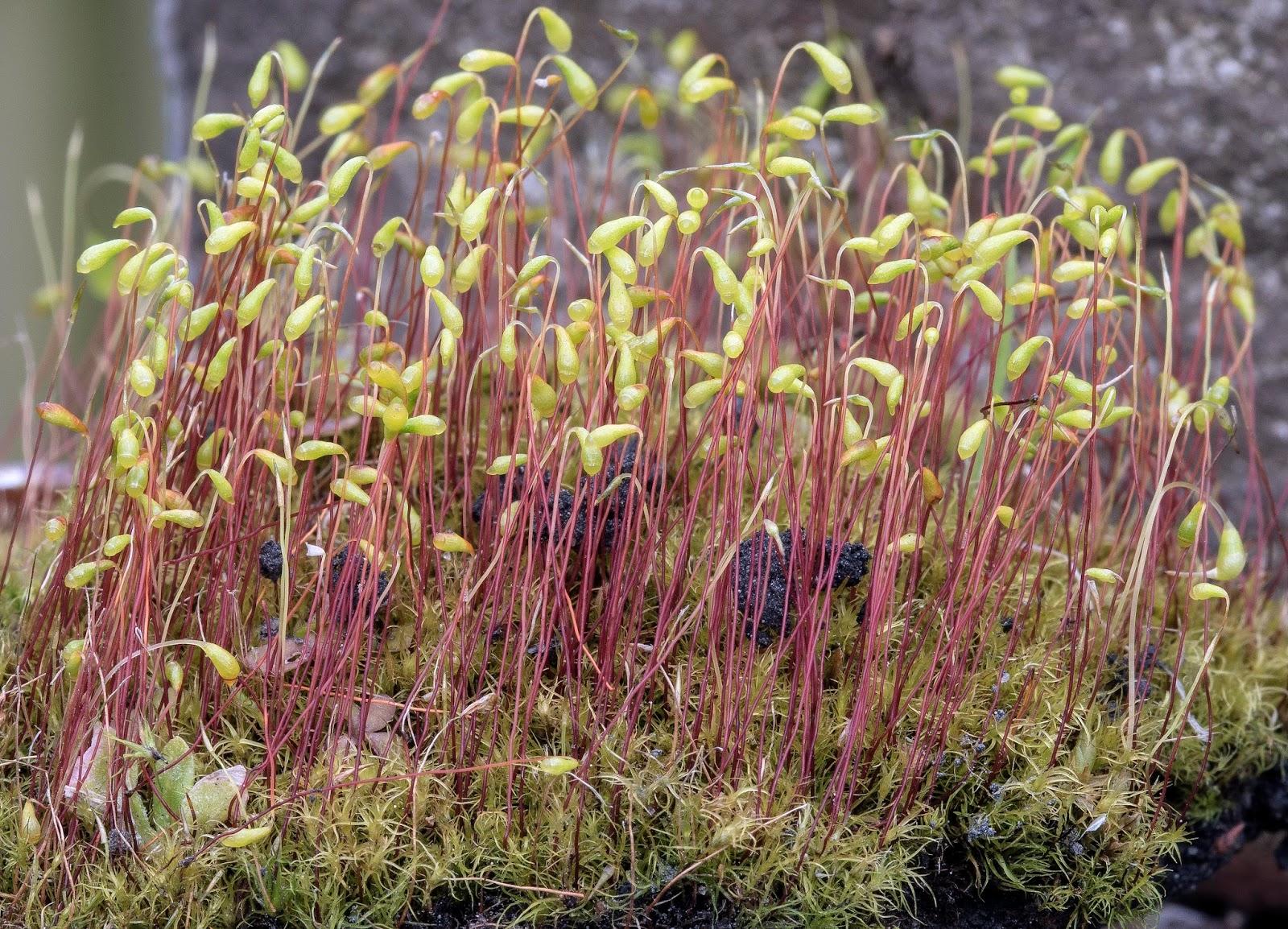
Leptobryum%2Bpyriforme%2BAmazon%2BSite%2B5%2Blow%2Bres.jpg from: https://southwalesbryos.blogspot.com/2016/04/leptobryum-pyriforme.html
Additionally, this moss has been investigated for its potential use in bioremediation, as it can accumulate and immobilize certain heavy metals and pollutants from the environment.
Technical Table
| Characteristic | Description |
|---|---|
| Phylum | Bryophyta |
| Class | Bryopsida |
| Order | Bryales |
| Family | Meesiaceae
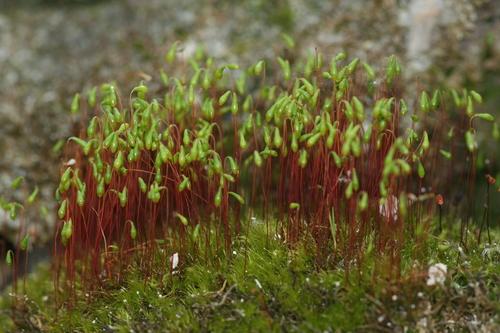 medium.jpg from: https://enciclovida.mx/especies/146855-leptobryum-pyriforme |
| Genus | Leptobryum |
| Species | Leptobryum pyriforme (Hedw.) Wilson |
| Common Name | Leptobryum |
| Growth Form | Acrocarpous moss, forming dense tufts or mats |
| Stem Height | 1-3 cm |
| Leaf Shape | Lanceolate, tapering to a fine point |
| Capsule Shape | Pyriform (pear-shaped) |
| Distribution | Cosmopolitan |
| Habitat | Moist and shaded areas, disturbed sites, bare soil |
Conclusion
Leptobryum pyriforme (Hedw.) Wilson, a humble yet remarkable moss species, serves as a testament to the incredible diversity and resilience of bryophytes. Its ability to colonize and thrive in various habitats, its unique morphological features, and its ecological roles make it a fascinating subject of study. As we continue to explore and appreciate the intricate world of mosses, Leptobryum pyriforme
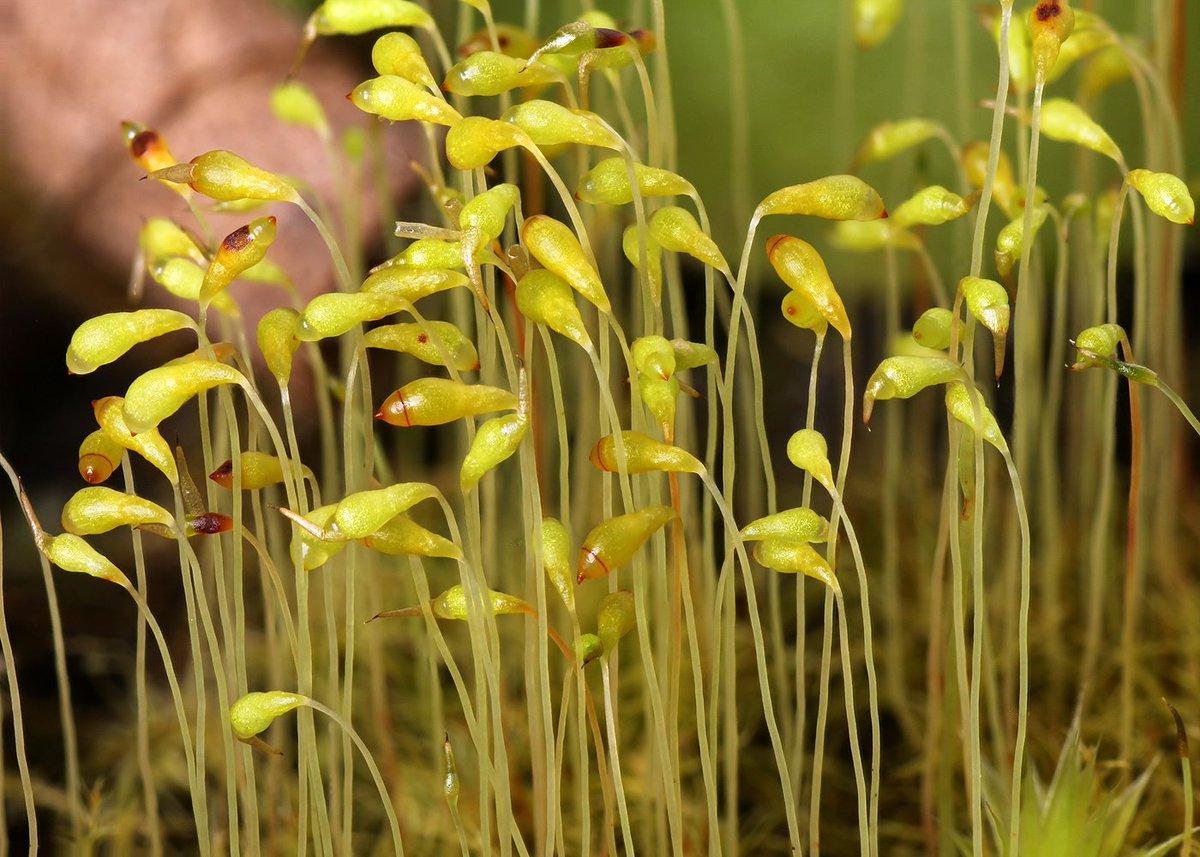
C7IBfS9X4AAgtvr.jpg from: https://twitter.com/gowermoss/status/842738286326112257?lang=ar
invites us to ponder the intricate web of life that exists beneath our feet, reminding us of the importance of preserving and protecting even the smallest and most unassuming members of our ecosystems.